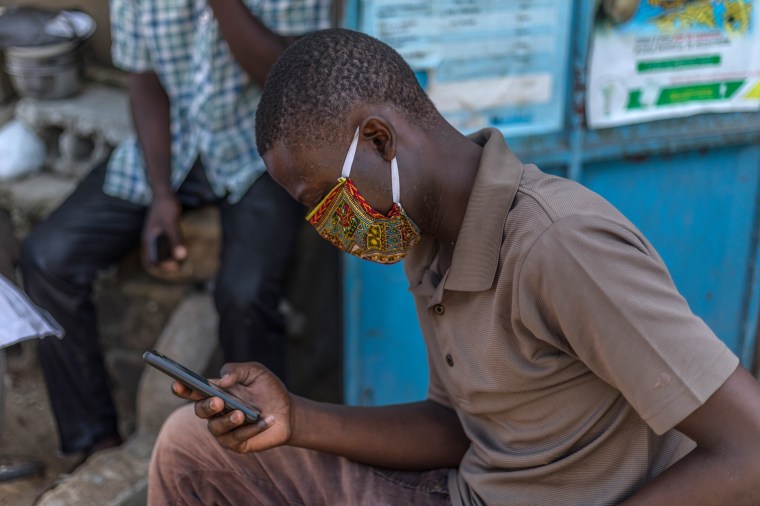New York, August 4, 2020 — Benin’s media regulator should lift its ban on unauthorized online media and refrain from censoring news websites, the Committee to Protect Journalists said today.
On July 7, Rémi Prosper Moretti, the president of Benin’s High Authority for Broadcasting and Communication (HAAC), the country’s media regulator, issued an order demanding that all online media outlets “without authorization” cease publication immediately or face sanctions, according to a copy of the order reviewed by CPJ.
The order did not specify the type of sanction that could be applied to outlets, and CPJ could not determine if the regulator had ordered any specific outlets offline as of today.
The regulator previously threatened similar action against online outlets in 2017, as CPJ documented at the time.
“There is absolutely no reason for Benin authorities to order online media to stop publishing,” said Angela Quintal, CPJ’s Africa program coordinator. “The public in Benin deserves to have access to information in whatever format it is being reported without undue interference or creatively applied regulation and bureaucracy.”
The order alleged that unauthorized online media outlets violated Article 252 of Benin’s 2015 information and communication code. That article states the operation of “a website providing audiovisual communication and print media services intended for the public is subject to the authorization” of the regulator, but says the order does not apply to blogs.
In a July 10 statement reviewed by CPJ, Seth Evariste Hodonou, president of the National Press and Audiovisual Patronage Council of Benin, a local media association, said he was “surprised” because online media had begun the authorization process in May. The process had been left unfinished by the HAAC, he said. The statement called for the regulator to stop the “attempt at muzzling” that hinders “promotion of use of the Internet.”
The order has left journalists uncertain about how to proceed with their work ahead of the presidential elections scheduled for early 2021, according to reports.
CPJ’s calls and text messages to the regulator went unanswered. An email sent to the regulator’s email address was unable to be delivered because the inbox was full.
On July 24, Alain Orounla, Benin’s minister of communication and post, met with the regulator to “explore the ways and means in order to achieve a rapid lifting of the ban made by the HAAC on online media,” according to a statement published on the government of Benin’s website. Journalists in Benin, who spoke to CPJ in early August on the condition of anonymity for fear of reprisal, said the ban had yet to be lifted, despite Orounla’s meeting with the regulator.
CPJ’s calls to Orounla did not connect.
In late 2019, Beninese authorities arrested Ignace Sossou, a reporter with the privately owned Benin Web TV news website, and sentenced him to 18 months in prison over his social media posts, as CPJ documented at the time. In May, a court reduced his sentence to six months in prison.
